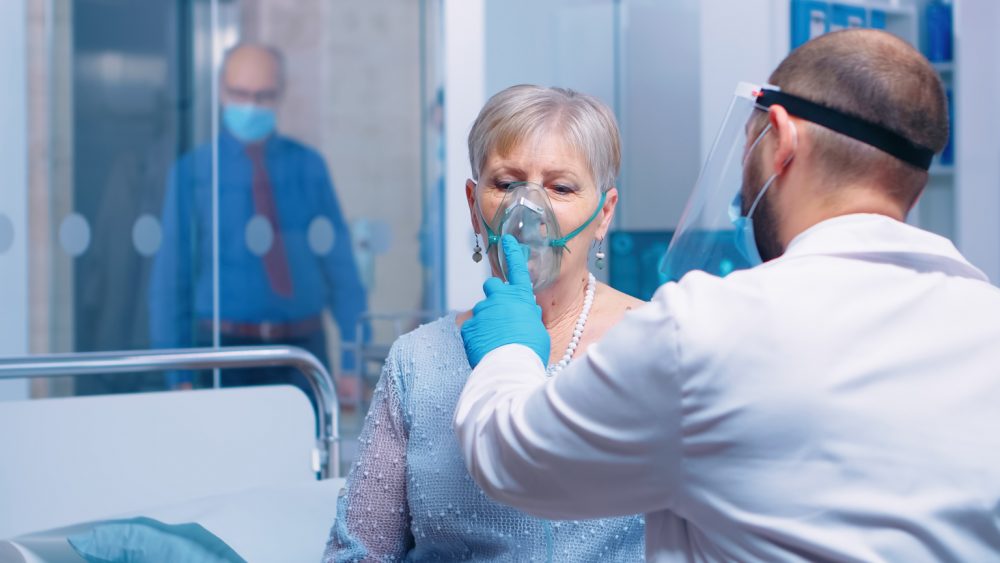Advertisment
Anticoagulation therapy improves outcomes in moderately ill COVID-19 patients

Moderately ill patients hospitalized with COVID-19 have achieved a better rate of respiratory organ support-free days and survival if treated with therapeutic-dose anticoagulation, researchers reported on August 20,2021 in the NEJM/New England Journal of Medicine.
“In noncritically ill patients with Covid-19, an initial strategy of therapeutic-dose anticoagulation with heparin increased the probability of survival to hospital discharge with reduced use of cardiovascular or respiratory organ support as compared with usual-care thromboprophylaxis,” the authors said.
As background, the authors noted that thrombosis and inflammation can increase mortality and complications among patients with Covid-19. “We hypothesized that therapeutic-dose anticoagulation may improve outcomes in noncritically ill patients who are hospitalized with Covid-19,” they said.
In this open-label trial, the researchers randomized subjects hospitalized with Covid-19 and not critically ill (no critical care–level organ support at enrollment) to treatment with pragmatically defined regimens of either therapeutic-dose anticoagulation with heparin or usual-care pharmacologic thromboprophylaxis.
The primary outcome was organ support–free days.
Among 2,219 subjects in the final analysis, the investigators found a 27% difference in the probability that therapeutic-dose anticoagulation increased organ support–free days as compared with usual-care thromboprophylaxis.
The between-group difference in survival until hospital discharge without organ support favoring therapeutic-dose anticoagulation was 4%.
“If we treat 1,000 patients who are hospitalized with COVID-19 with moderate illness, an additional 40 patients would have meaningful improvement in clinical status,” said investigator Ambarish Pandey, M.D., Assistant Professor of Internal Medicine at UT Southwestern Medical Center in Dallas, Texas.
“The 4% increase in survival to discharge without needing organ support represents a very meaningful clinical improvement in these patients,” Pandey added.
The authors noted that another study in the same issue of the NEJM indicated that therapeutic-dose anticoagulation did not help severely ill patients.





